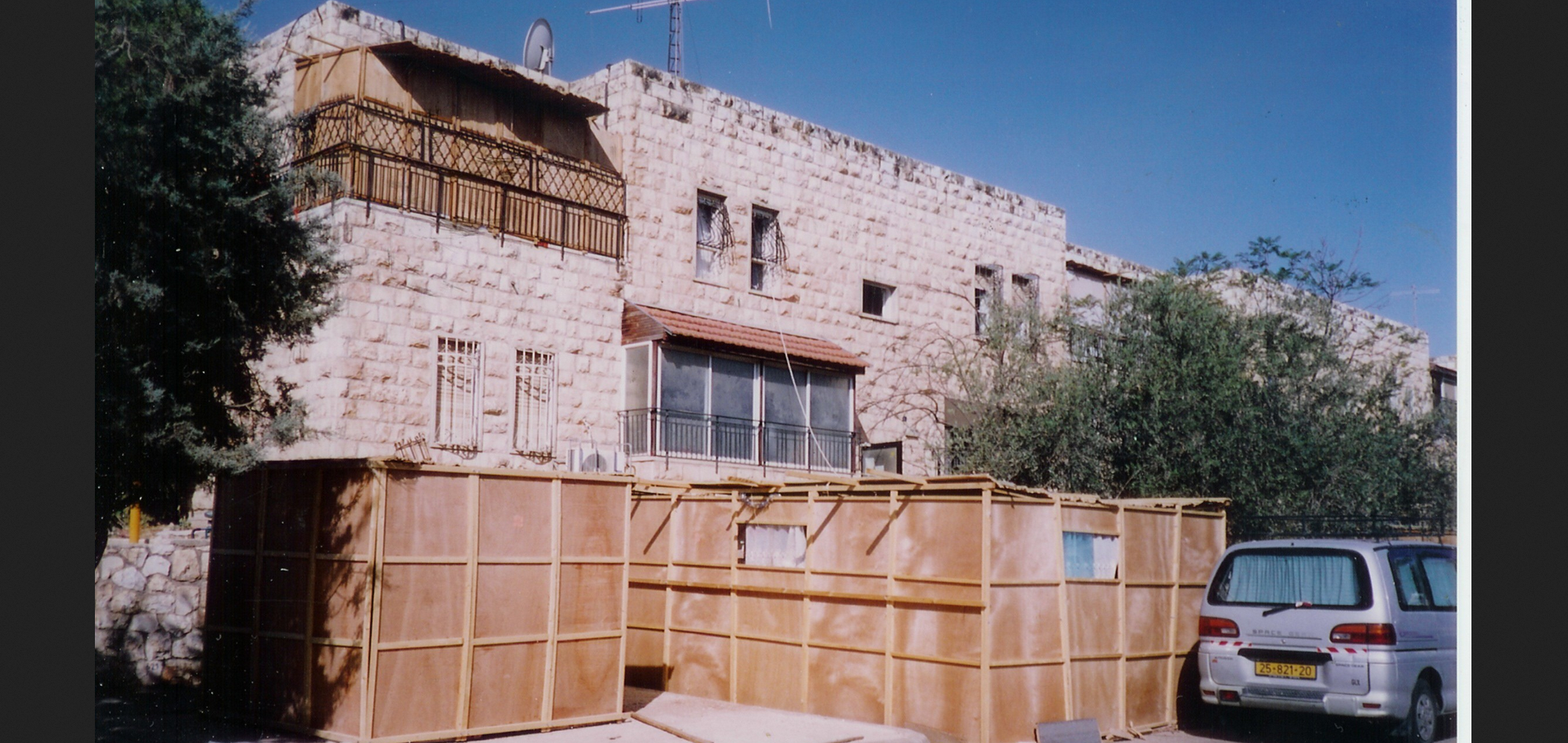
How Do I Find Out Which Orthodox Community is For Me?
Dear Rebbetzin Chaya-
I was raised to believe there was only one way to be Orthodox and that never worked for me. Now that I understand there are many paths within the community, I am trying to figure out how a person decides where they belong? Any advice?
Thank you,
Melanie
Dear Melanie-
What a great question! I became Orthodox as a teenager, and was very lucky to be exposed to the philosophy that there are many paths to serve Hashem. I often heard a beautiful message from the story of the splitting of the sea. Several midrashim teach that at the moment of one of G-d’s most spectacular miracles, when the Jews walked through the sea on dry land, each tribe walked through a separate path, or tunnel. The lesson being– there are many paths to serving Hashem.
Thinking about your question, I am imagining the story a little differently. The midrash speaks of specific paths for each tribe, but I am imagining the mass of Jews leaving Egypt, walking towards the sea, and having, in that moment, to choose a path! Oy, the stress! What a commitment, to walk through the sea on just that path. What of the other paths–what sights and treasures might be overlooked? What people would be left behind? As my teenage daughter would say, the FOMO would be too much!
As someone who doesn’t enjoy having to choose just one dish from a menu, I can only imagine the paralyzing indecision! It sounds like that is where you are right now, standing at the edge of the sea, trying to figure out which path to plunge into, with no turning back. The scroll-down menu of options–Modern Orthodox, Modern Orthodox Machmir, Yeshivish light–it goes on and on…Which one to click?
Before I talk about how to go about finding your path, I want to point out that the beautiful story of the Yam Suf is a flawed analogy in two ways. First of all, life isn’t a one-way tunnel through the sea. Not to give away my NJ roots, but real life is full of jug-handles and traffic circles. You can take your time while choosing a route, and while difficult, it is absolutely possible to adjust course when necessary. Second of all, thank G-d, our community is not made up of finite tunnels; choosing one doesn’t have to mean you reject all others. Rather, while we thrive in a community, we can each forge our own path through life. There are no hard and fast walls locking us into a path and keeping us away from all others.
So how do you figure out where YOU belong? When it comes to community, the two main elements of a good fit are philosophy and culture. Think of it almost like a shidduch: a shidduch needs to work on paper, and it also needs to work in terms of personality.
When it comes to philosophy and beliefs, there is often a spectrum of approaches within halachik Judaism. Zionism, secular education, materialism, women’s learning, engagement with the secular world, co-education, learning vs. working–these are just a few hot-button issues that different communities see differently. So first, ask yourself if you have strong opinions on these topics or others. That will help you identify which communities might be a good fit on paper. An experienced rabbi or teacher may be able to give you general information about different communities’ perspectives on specific issues, but the best way to gather information is directly from people in each community- – which works hand-in-hand with the next part of the process.
When it comes to assessing whether the lifestyle and culture of a certain community might be right for you, our dating analogy continues to work. The most important thing is to spend time together. There are many ways to spend time in a community–finding hosts for Shabbos, attending lectures, shiurim, or events of different types. Try out different places, using the opportunity to learn more about the community’s beliefs and lifestyle. Pay attention to what life looks like for different people and at different stages of life–what’s it like for singles, for families, for men and for women. Spend more time in those places that you both enjoy and feel idealistically in tune with. Give it enough time to find a group of people, both mentors and friends, that you feel comfortable with organically. Sometimes it turns out that what works for us on paper may not work with our personality. Beliefs and ideals sometimes take a backseat to what feels like home. If a community feels like home, and you feel comfortable being yourself there, but there are certain aspects of their ideals that don’t work for you, you need to decide whether those aspects are deal-breakers. They may not have to be. I would be extremely cautious about the converse–you may feel that you fit in a certain community in an idealistic sense, but that you need to stifle aspects of your personality to fit in. Stifling your personality is unhealthy and will come back to haunt you.
Where does flexibility come in? Every community includes a certain amount of diversity and variation. The amount and acceptance of diversity varies from community to community, which you will want to keep in mind as you explore. Part of what I love, personally, about living in a smaller, out-of-town community is that my family is able to be part of one community with a range of ways to serve Hashem. We are exposed to people who have chosen fairly different paths then we have. In this environment, it has felt natural to pick and choose aspects of different paths that are important to us as a family. That being said, the diversity and flexibility come with downsides. It’s hard to not quite fit in anywhere. It can be clearer for kids (and adults too) when they know exactly what is expected of them. It can be challenging, and exhausting, to constantly need to forge your own road, rather then following in the clear footsteps of those who come before you.
At the end of the day, there is currently no GPS or sorting hat, or any other wondrous device to confirm that we are on the right path. Instead, we rely on our own instincts, the people we trust, and the Torah as our guides. I wish you luck as you wade into the sea in search of your own path, and I hope that the path for you is full of treasures!
Sincerely,
Rebbetzin Chaya
If you found this content meaningful and want to help further our mission through our Keter, Makom, and Tikun branches, please consider becoming a Change Maker today.








